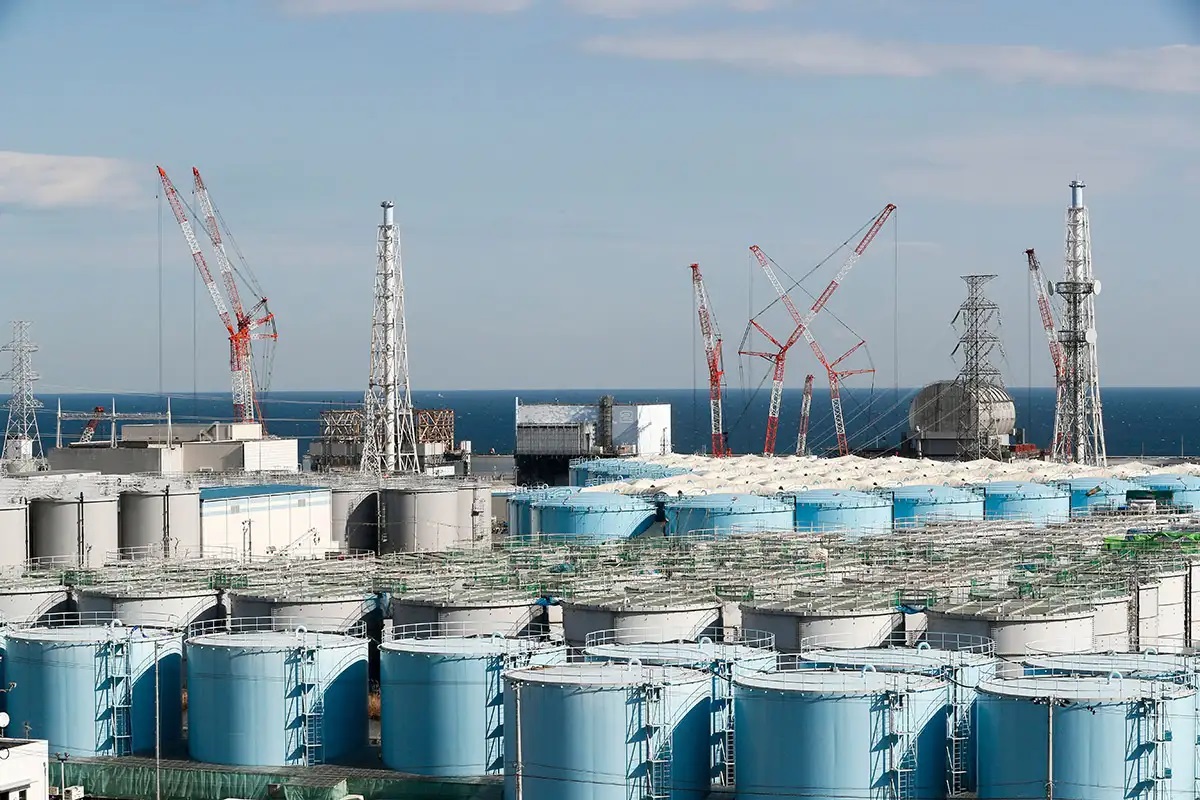A Japanese government spokesperson says it is “not wilfully trying to divide the Pacific” over the Fukushima waste release.
Japan is set to start discharging more than one million tonnes of treated nuclear wastewater into the Pacific Ocean on Thursday local time.
This comes 12 years after a tsunami slammed the Fukushima Daiichi Nuclear Power Plant resulting in what has been labelled as the largest civil nuclear energy disaster since Chernobyl.
Palau, Papua New Guinea, Cook Islands and the Federated States of Micronesia have publicly backed the plan or at least placed their faith in Japan’s word that it will be safe.
The release is forecast to take 30 to 40 years to complete.
Tokyo Electric Power Company Holdings (TEPCO) spokesperson Junichi Matsumoto told the first media briefing on Wednesday his team is “moving quickly”” to prepare the release which will dependent on the conditions.
“The final decision will be made on the morning of the 24th based on the climate conditions or weather conditions,” he said.
“A very small amount will be carefully discharged using a two-step process.”
RNZ asked TEPCO about the nuclear legacy in the Pacific.
“To the members of the PIF, we have been providing explanations on the discharge into the sea,” Matsumoto said.
“So we would like to continue to provide the explanation on our initiative.
“And in terms of assurance, it may be a bit different in terms of nuance, but the result of sea area monitoring will be communicated.
Matsumoto said anyone wishing to can check the results of the sea area monitoring on the TEPCO website.”
When questioned on when Pacific nations will see the effects of the release he said, according to dispersion models, particles will arrive on the shores of Papua New Guinea and Fiji in “a few years’ time or a few decades”
“It will be impossible to distinguish that tritium [in the Pacific Ocean] from that already existing in nature,” Matsumoto said.
A Japan government spokesperson said Tokyo is not wilfully trying to divide the Pacific and no compensation will be given to Pacific nations for potential reputational damage.
“The Japanese government has been taking opportunities at international conferences and at bilateral meetings to thoroughly and meticulously explain and disseminate information to the world through its website, as well as through social network media including X (formerly Twitter),” the spokesperson said.
SOURCE: RNZ PACIFIC/PACNEWS














